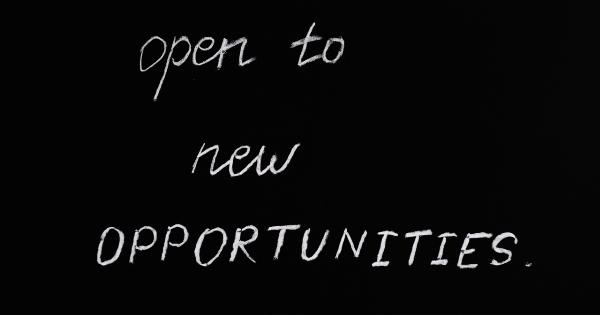Justice is a fundamental concept in any society that regards itself as fair and equitable. The concept of justice is not only about punishing wrongdoers but also about ensuring that everyone has access to basic rights, freedoms, and opportunities.
However, achieving justice is not always easy, and there are many different interpretations of what justice means and how it should be applied.
What is Justice?
Justice refers to the idea that individuals should receive what they deserve based on their actions, decisions, and behaviors.
This can refer to both positive outcomes, such as rewards and benefits, and negative outcomes, such as punishments and consequences. The concept of justice includes a variety of different aspects, including legal justice, social justice, corrective justice, distributive justice, and restorative justice.
The Challenges of Achieving Justice
Although justice is a fundamental concept in any society, achieving justice can be a significant challenge. The legal system is often slow, bureaucratic, and expensive, which can make it difficult for many people to access justice.
Many marginalized groups, such as low-income individuals, minorities, and LGBTQ+ people, face unique challenges when it comes to accessing justice and are more likely to experience injustice.
Furthermore, there are many different interpretations of what justice means and how it should be applied.
Some people believe in retributive justice, which suggests that people should be punished for their wrongdoings in proportion to the harm that they caused. Others believe in restorative justice, which focuses on repairing harm and restoring relationships rather than punishing wrongdoers.
Insights from Zeta Makri
Zeta Makri is a legal scholar and philosopher who has written extensively about the concept of justice.
Through her research, she has provided many unique insights into the challenges of achieving justice and how justice can be applied in different contexts.
Legal Justice vs. Social Justice
Makri has written extensively about the distinction between legal justice and social justice. Legal justice refers to the formal legal system, which is often slow, bureaucratic, and difficult to access.
Social justice, on the other hand, refers to a broader set of values and principles that address issues such as inequality, discrimination, and exclusion that occur outside of formal legal settings.
Makri argues that while legal justice is important, it is not enough to achieve true justice. Instead, we need to also address issues of social justice, which involves a larger shift in societal values and norms.
This can involve addressing systemic issues such as income inequality, racism, sexism, and other forms of discrimination.
Distributive Justice
Distributive justice refers to the distribution of resources and goods within society. This can refer to access to education, healthcare, housing, employment opportunities, and other resources that contribute to a person’s well-being and success.
Makri argues that distributive justice is crucial to creating a fair and equitable society.
However, achieving distributive justice is not always easy, as it often requires significant changes to existing power structures and the redistribution of resources from wealthy individuals and groups to those who are less well-off.
Restorative Justice
Restorative justice refers to an approach that focuses on repairing harm and restoring relationships rather than punishing wrongdoers. This can involve issues such as community building, conflict resolution, and healing from trauma.
Makri argues that restorative justice has a valuable role to play in achieving justice, particularly in cases where the legal system may not be able to provide a satisfactory resolution to a dispute.
Restorative justice can help to empower individuals and communities to take ownership of their own conflicts and to find meaningful and lasting solutions to their problems.
Conclusion
The concept of justice is fundamental to any society that regards itself as fair and equitable. However, achieving justice can be a significant challenge, requiring significant changes to existing power structures and societal norms.
Insights from legal scholars and philosophers such as Zeta Makri can help to shed light on the challenges of achieving justice and how justice can be applied in different contexts.





























